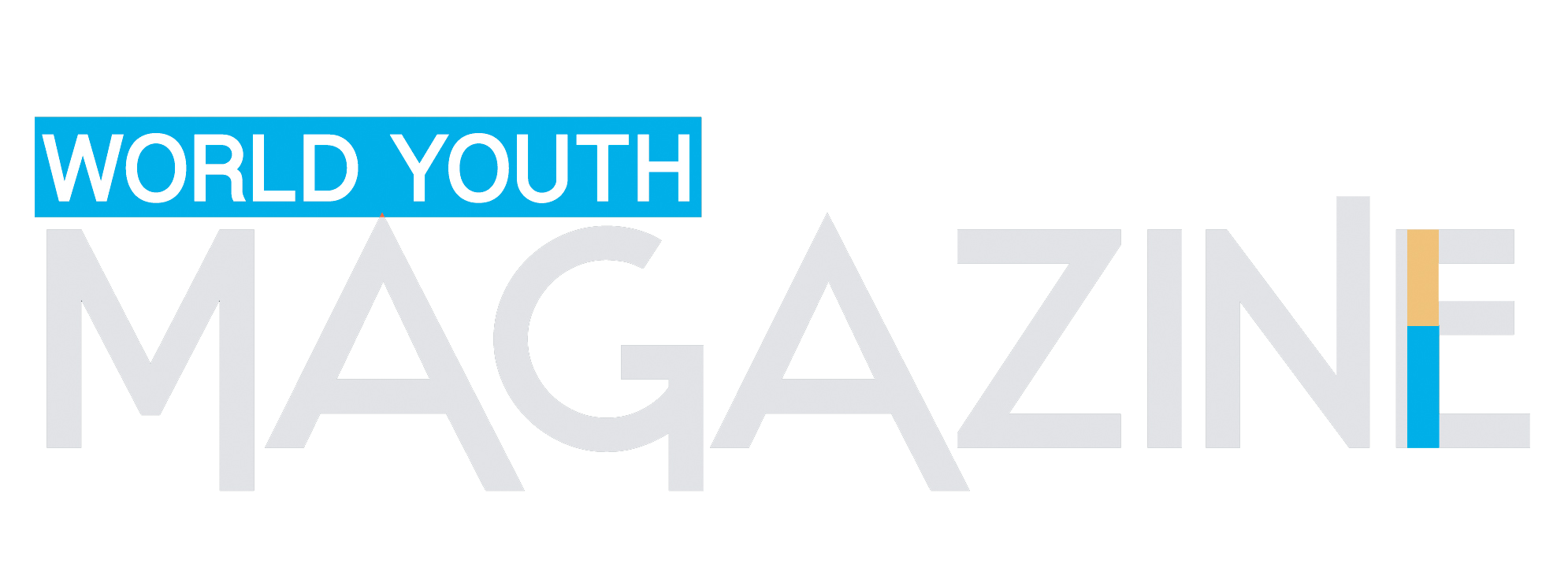Inspire
How to Get Better with Money?

By Mariem ELTagoury
Different cultures have various customs, but one thing that many cultures share is the taboo of talking about or discussing money matters openly. It’s a wonder how young people are expected to become adults without the basic knowledge of how to handle money. Humans learn by listening and seeing, but if money is kept as an unspoken secret, how can one learn?
This is by no means a get-rich-quick piece; it’s a stepping stone to encourage those treading into the adult world to take control of their money and not to be ashamed to face the scary side of adulthood called finances.
Here are five important points you have to start thinking about if you want to understand how to deal with money:
1. Know how much is coming in & going out
Acknowledge every aspect of your life big and small. The small or big expenses you never acknowledge have to be considered. I’ve met people who forget their annual home maintenance fee or their annual tax until they’re faced with the due date to pay them. What is your actual salary? Some people know their gross salary but fail to acknowledge their net salary after deductibles. Knowing, and being aware of, what really goes in and out is an excellent first step. Try documenting so you never miss anything in the future, and so that everything becomes accounted for.
2. Know what you’re spending money on
You could say I spend ‘X’ amount of money on groceries or I spend ‘X’ amount on petrol, but what does that consist of? Keep in mind that if you shop at a large hypermarket, you could easily be drawn to buy clothes, or home accessories, or even some toys for your pet, or any other items that don’t necessarily fit under “groceries”. If you stop at the petrol station to fuel your car but you also stop by the store nearby for coffee and a snack, that technically does not count as petrol. Again, this is just to register and acknowledge what you actually spend on. There is no shame in any of your spending, you’re free to buy whatever you want, that’s what money should do anyway, but knowledge is power, and it’s all about gaining the upper hand by being aware of where every penny you pay goes.
3. Create/have a plan for your money
Now you know what’s coming in, what’s going out, those hidden expenses, and your spending habits; so it’s time to make a plan for all of that. There are several types of plans you can learn about, merge, and use. A famous example is the 50:20:30 plan, where 50% of what you earn is for your expenses, 20% is for saving, and 30% is wholly dedicated to personal spending and fun. Some may even change up those ratios; it’s your plan after all. There’s also the zero-budget method, where every pound [insert your own currency if the pound doesn’t apply] goes to a designated role the minute you get your income. Most importantly, have a budget for yourself, and, if possible, keep something aside to save, and maybe another something for some fun.
4. Have a plan for retirement
You are young today, but time flies, so you should think about the future. Find out if your job provides social insurance or offers pension options. If you don’t have a work arrangement that can offer a pension, find out if your government or bank does have an alternative retirement plan. If none of these apply, make your own saving plan for retirement. There will come a day when you will become old for work, so save a little today for the future you.
5. Have a 6 months’ emergency savings account
We’re the generation that has seen every possible reason to be laid off. Economic crises, political unrest, a pandemic, do I really need to make a list?! So you need to have some money aside to be there for you until you get back on track. Put aside in a savings account six months’ worth of your living expenses. This doesn’t have to happen overnight; you can save it slowly. You need those basic expenses that would cover you for six months in case you wake up with no income one day. Also, don’t forget the interest you will get from having your money invested in the savings account, so it’s a win-win deal.

